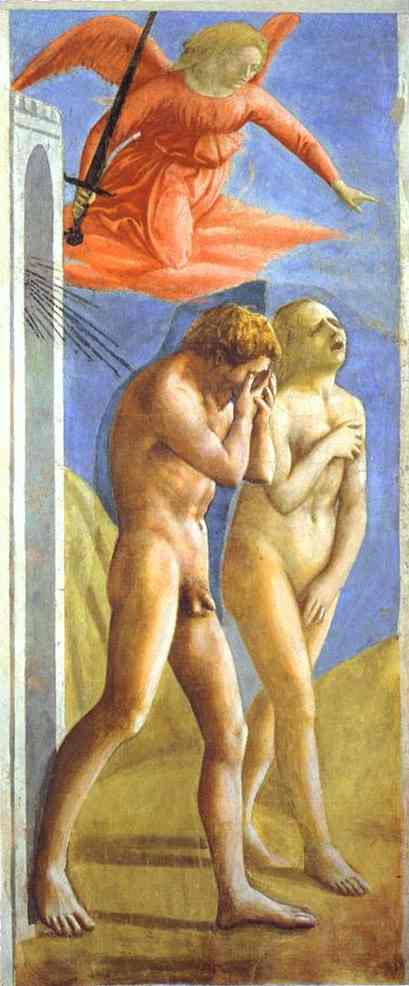
Tonight after my children were put down I asked my wife how close to the brink she felt she was. I told her that I thought that we did a pretty good job of giving it our best - "it" being "life" - and continuing to live it, though despair tends to linger especially now as the winter drags on. I think that we moderns live dangerously close to this margin, that behind the doors of our homes and our minds all of the very real pressures, fears and anxieties of modern life are manifested - while out in the world, at our jobs, our schools, our public lives, we dedicate more energy than we admit to glossing over this glaring reality. I know I do.
I remember walking home late one night almost a decade ago when I was living in Kansas City. I had just read "Bury My Heart At Wounded Knee" by Dee Brown, an extensive account of the Native American Holocaust perpetrated by the encroaching ex-European population, and as I walked I felt, in a very acute way, that there was something profoundly wrong with things, with "the world." At the time I was a Christian, and yet I couldn't see the obvious, that the historical narrative of my own religion had at it's root the most sophisticated, and - more importantly - truth-filled explanation for this inherent gaping in the human heart.
When I finally converted to Orthodox Christianity I learned that the most important aspect of the faith wasn't my intellectual grasp on any ontological or cosmological falleness, but that I was given the "tools," so to speak, that would allow me to confront the darkness in my heart and in my world, and to live in this paradoxical reality.
+++
Today was the first day of Great Lent, where we do all of those things we do throughout the rest of the year as Orthodox Christians, only more so, and with greater intensity. Yesterday, the Sunday of Forgiveness, is also the Sunday of Adam's expulsion from paradise. I remember being in a class two summers ago and wincing at the instructor and my fellow students derogatory statements concerning Masaccio's famous rendering of the expulsion, as if the idea it attempted to communicate was somehow archaic or primitive. I couldn't help but think that some of my classmates knew all-to-well the horrors of the fall - of emptiness, instability, the crushing prospect of a meaningless existence.
The purpose of this blog is to communicate the life of the spiritual struggler, through the entries of a number of Orthodox laypeople.
Language often works to defeat us in the modern world: when we say "The Spiritual Life," we construct the boundaries between it and an assumed "Real" life. When an Orthodox Christian hears the term "Spiritual Life," he or she hears the words "Real life," and we don't arbitrarily divorce it from "material" life (eating, drinking, driving, burping, etc). When we hear the words "the life of the spiritual struggler" we think to type-cast the image of the some saints of old. We would do good to remember that the spiritual struggle is the lot of normal people. People who fight depression, anger, temptations and bad habits of all sorts, who have the inability to understand themselves or their own actions, who can't help but harbor hatred towards some people or things, who are crippled by shame. This isn't the picture of a psychiatric ward patient - this is the picture of everyone of us.
The spiritual life, the life of the Church, is the life that pulls together what the dynamic forces of sin seek to shatter. Therefore let's look to the life of the Church, her saints and teachings, her services and sacraments, and lift each other up in every way that we have the faculty to do so.
Forgive me if I have sinned against you in anyway,
-J.S.
No comments:
Post a Comment